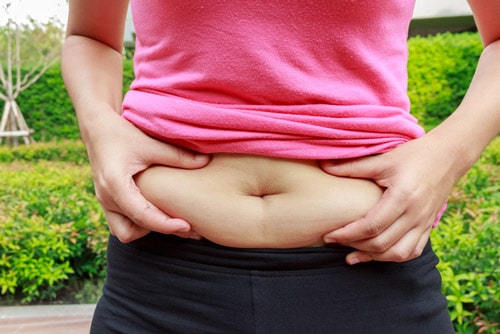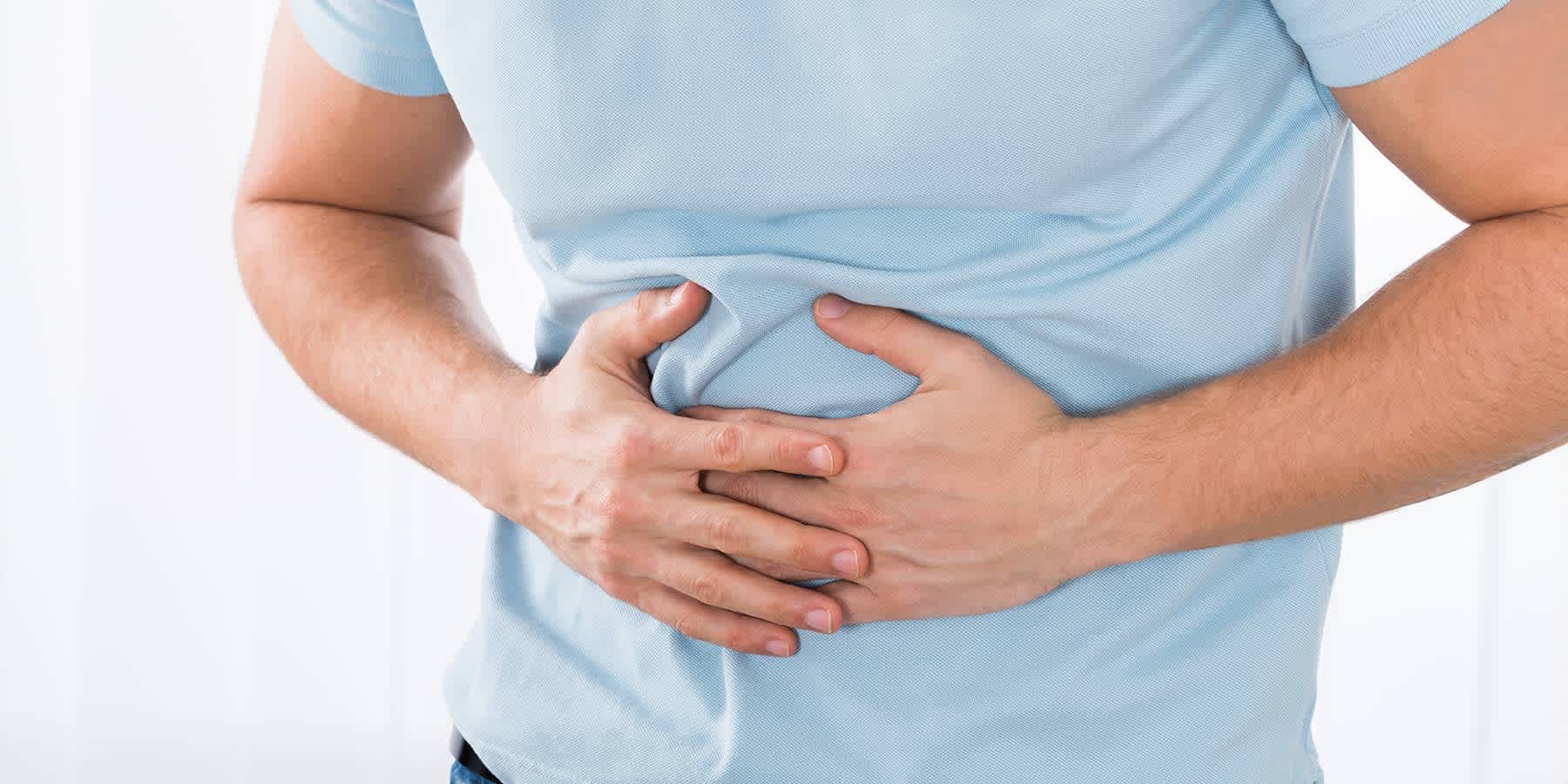Here’s what you should know about fat and bloating.
Recognizing the Difference Between Bloating and Fat: an Essential Overview for Digestive Wellness
Comprehending the difference in between bloating and excess body fat is crucial for any individual interested in digestive health. While bloating presents as a momentary and usually awkward problem, generally connected to nutritional behaviors or digestive disturbances, body fat represents an extra permanent adjustment in one's figure. This differentiation is not simply academic; it brings considerable implications for how individuals approach symptoms and therapy. As we check out the nuances of these two phenomena, the importance of identifying their corresponding reasons and monitoring techniques becomes increasingly obvious. What are the practical actions one can require to deal with these problems successfully?
Specifying Bloating and Fat
Bloating and fat are two distinctive physiological phenomena that can considerably influence an individual's convenience and body image. Bloating describes the temporary swelling or distension of the abdominal area, frequently accompanied by discomfort or a sensation of fullness. This problem may emerge from various variables, including dietary selections, digestive issues, or liquid retention. Bloating is usually a short-term event and can fluctuate throughout the day, usually fixing with way of living adjustments or clinical treatments.
In comparison, body fat is a more permanent and steady element of human physiology, mostly working as an energy reserve and playing important functions in hormone guideline and insulation. Body fat is categorized right into 2 kinds: subcutaneous fat, which exists simply under the skin, and natural fat, which borders inner body organs. While excess body fat can bring about wellness difficulties, it is important for total physical functions.

Sources Of Bloating

In addition, food intolerances, such as lactose or gluten intolerance, can result in bloating when the body has a hard time to refine certain compounds - bloating and fat. Consuming also rapidly or taking in carbonated drinks can also intensify the problem, as these behaviors present excess air into the digestive system system
Lifestyle elements, consisting of stress and anxiety and absence of physical activity, can even more add to bloating by influencing gut motility. Certain medical click this link conditions, such as straight from the source short-tempered digestive tract disorder (IBS) or stomach blockage, might additionally lead to chronic bloating. Understanding these causes is important for efficiently handling and easing bloating, permitting people to make enlightened nutritional and way of living selections that sustain their digestion wellness.
Signs of Bloating vs. Fat
Comparing the signs and symptoms of bloating and excess fat is important for understanding one's body and addressing pain efficiently. Bloating typically offers as a feeling of volume or pressure in the abdomen, often come with by visible distension. People may experience pain, cramping, or even discomfort, especially after meals. Bloating can additionally result in too much gas, causing burping or flatulence.
In comparison, excess fat manifests in a different way. While it might contribute to a sense of thickness, it usually does not produce the intense pain connected with bloating. Rather, excess fat often tends to accumulate slowly, causing an adjustment in physique and size gradually. Individuals might notice a rise in body circumference, specifically around the waistline, but this does not normally existing with the instant sensations of volume or distension.

Acknowledging these differences is vital. While bloating is typically momentary and linked to dietary factors or gastrointestinal issues, excess fat indicates an extra persistent condition requiring way of living modifications. Comprehending these symptoms empowers people to seek appropriate remedies customized to their certain issues concerning gastrointestinal health and body make-up.
Handling Bloating
Effective monitoring of bloating calls for a multifaceted strategy that attends to both dietary options and way of life habits. It is vital to identify and remove particular foods that might trigger bloating, such as those high in fiber, gluten, lactose, or particular fermentable carbs (FODMAPs) Keeping a food diary can aid identify these triggers and overview adjustments.
Integrating smaller sized, much more constant dishes instead of huge ones can also reduce bloating, as it reduces the gastrointestinal procedure (fat and bloating). Remaining well-hydrated is essential, as adequate liquid intake aids digestion and aids prevent irregular bowel movements, which can add to bloating
Furthermore, participating in normal exercise promotes intestinal motility and minimizes bloating. Straightforward workouts, such as strolling or yoga exercise, can properly relieve discomfort. Mindful eating practices, such as eating slowly and chewing food thoroughly, may even more improve digestion and limitation air swallowing.
When to Seek Help
Recognizing when to look for clinical assistance for bloating is critical, as persistent or extreme signs and symptoms might show a hidden wellness problem. If bloating is gone along with by extra concerning symptoms such as significant stomach discomfort, inexplicable fat burning, anal blood loss, or constant nausea and vomiting, it is vital to seek advice from This Site a health care professional. These signs might suggest problems such as short-tempered bowel syndrome, stomach blockage, or perhaps more significant problems like cancer.
In addition, if bloating continues despite nutritional modifications or over-the-counter solutions, it calls for further examination. Individuals with a background of intestinal problems need to be especially alert, as their risk for difficulties may be greater. Additionally, if bloating takes place following the intake of certain foods, it may suggest food intolerances or allergic reactions that require nutritional modifications or screening.
Conclusion
In recap, identifying in between bloating and excess body fat is crucial for gastrointestinal health and general health. Bloating, a short-lived condition usually connected to dietary factors and digestive system issues, contrasts sharply with the secure accumulation of body fat.